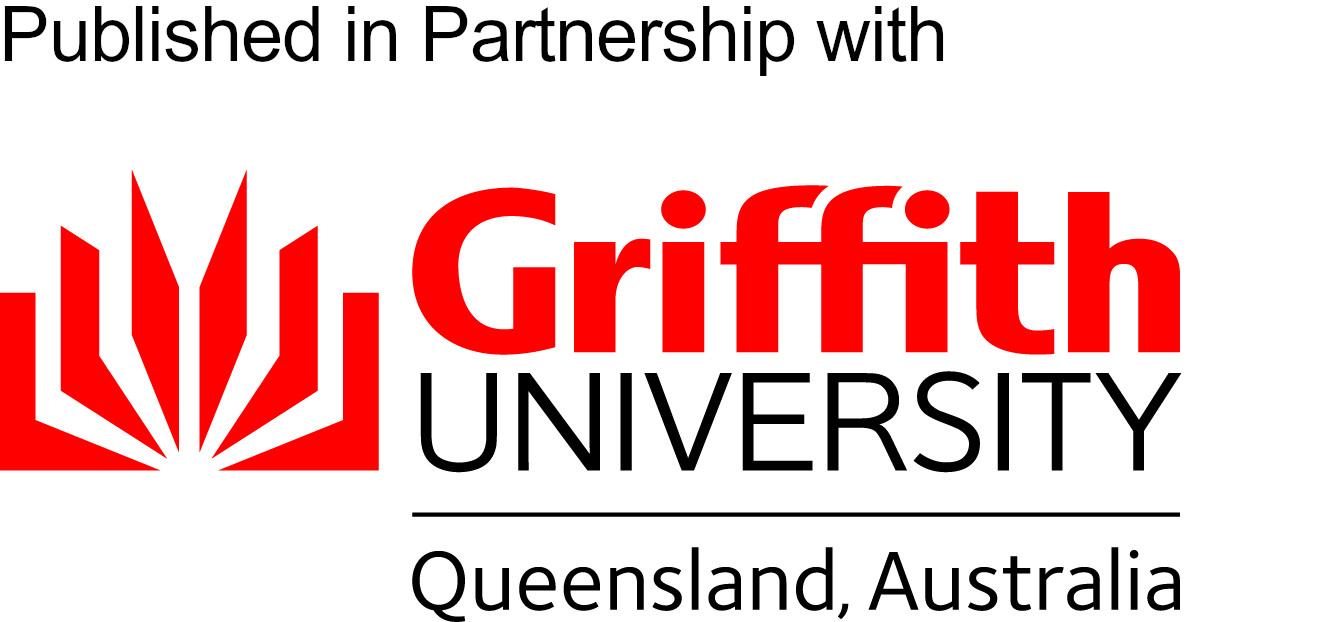George Speight's Coup in Fiji and White-Collar Crime in Queensland
DOI:
https://doi.org/10.1017/S1321816600002026Keywords:
George Speight, Fiji coup, 19 May 2000Abstract
The dangerous uncertainties and complications of George Speight's coup in Fiji have been partly formed by his association with white-collar crime in Queensland. Speight's involvement in at least one fraudulent financial scheme in Brisbane helped to shape the events leading up to his seizure of parliament and kidnapping of the elected government of Fiji on 19 May 2000. This parody of a coup, led by Speight (a failed businessman with no military experience) and a small contingent of ascetic SAS-styled soldiers, soon to be joined by a gaggle of rustics and Suva's lumpenproletariat, was a spectacle of the unexpected. Speight's adventurism today imposes immense costs on the people of Fiji. His financial schemes when he was living in Brisbane left a number of victims in Queensland.
References
Agnew, R. 1992. ‘Foundation for a general strain theory of crime and delinquency’. Criminology 23: 47–61.
Australian Broadcasting Corporation. 2000. Cyclone George. Four Corners Programme, 10 July.
Australian Securities and Investment Commission. 2000a. Quantum Investments Pty Ltd. Records. Accessed in Brisbane 21 July.
Australian Securities and Investment Commission. 2000b. Foundation Security Pty Ltd. Records. Accessed in Brisbane 21 July.
Australian Securities and Investment Commission. 2000c. Global Management Group Pty Ltd. Records. Accessed in Brisbane 21 July.
Box, S. 1983 Power, Crime and Mystification. London: Tavistock.
Clinard, M. 1983 Corporate Ethics and Crime. London: Sage.
Gottfredson, M.R. and Hirschi, T. 1990. A General Theory of Crime. Palo Alto, California: Stanford University Press.
Herbert, C., Green, G.S., and Larragoite, V. 1998. ‘Clarifying the reach of A General Theory of Crime ’. Criminology 36: 867–884.
Hirschi, T. and Gottfredson, M.R. 1987. ‘Causes of white-collar crime’. Criminology 25: 949–974.
Read, G. and Yeager, P.C. 1996. ‘Organizational offending and neoclassical criminology: challenging the reach of A General Theory of Crime’. Criminology 34: 357–382.
Sampson, R.J. and Lamb, J.H. 1993. Crime in the Making. Cambridge, Massachusetts: Harvard University Press.
Taylor, I., Walton, P., and Young, J. 1973. The New Criminology: for Social Theory of Deviance. London: Routledge.
Tittle, C.R. 1995. Control Balance: Toward a General Theory of Deviance. Boulder, Colorado: Westview.
van Fossen, A. 1987. ‘Two military coups in Fiji’. Bulletin of Concerned Asian Scholars 19, 4: 19–31.
van Fossen, A. 1998a. ‘Race, ethnicity and language’. In Maidment, R. and Mackerras, C. (eds) Culture and Society in the Asia-Pacific. London: Routledge, pp. 89–114.
van Fossen, A. 1998b. ‘Fiji’. In Eccleston, B., Dawson, M., and McNamara, D. (eds) Asia-Pacific Profile. London: Routledge, pp. 255–258.
Weisburd, D., Wheeler, S., Waring, E. and Bode, N. 1991. Crimes of the Middle Classes: White-Collar Offenders in the Federal Courts. New Haven, Connecticut: Yale University Press.
Yeager, P.C. and Reed, G.E. 1998. ‘Of corporate persons and straw men’. Criminology 36: 885–898.





